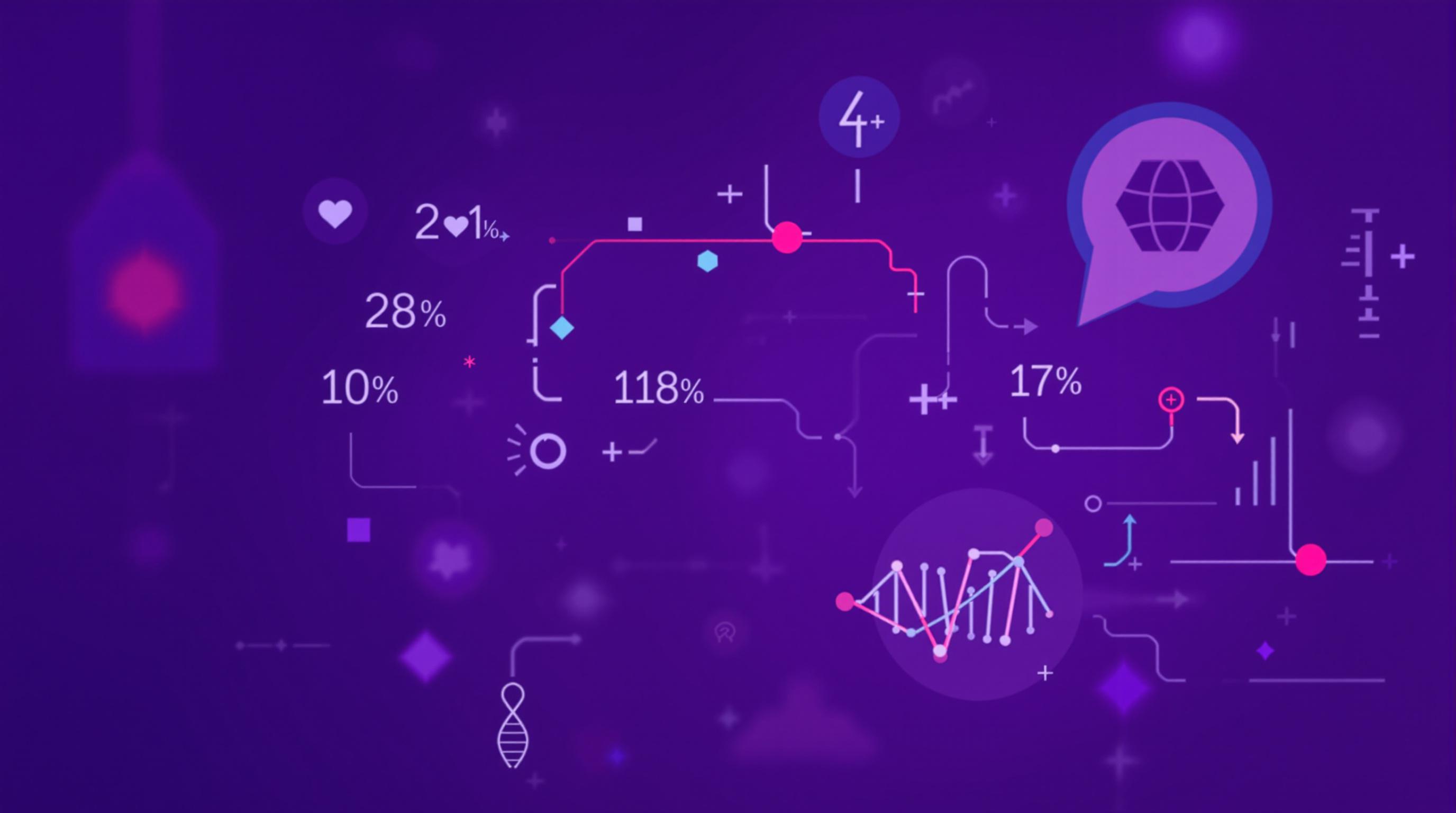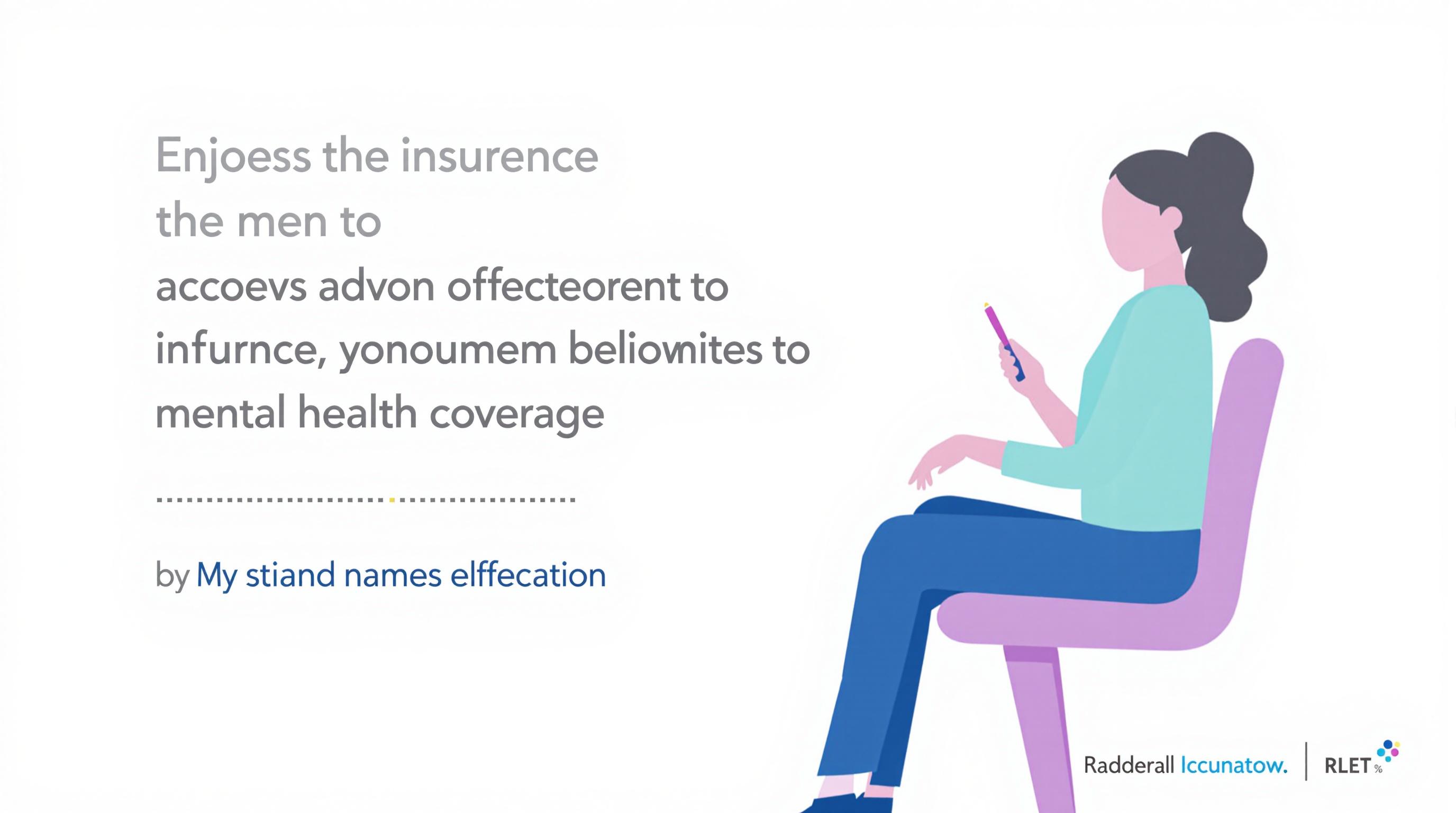Related Articles
- The Unexpected Impact of Environmental Factors on the Accuracy of Medication Dispensing Technologies
- Exploring the Influence of Mental Health Stigma on Accessibility and Affordability of Coverage in Modern Insurance Plans
- How Cloud Storage Quirks Are Quietly Complicating Patient Data Protection in Modern Healthcare Settings
- Top 6 Emerging Medical Billing Platforms Revolutionizing Practice Revenue Cycles Since 2019
- When Digital Distance Deepens Divide: Surprising Social Costs of Remote Health Services in Underserved Communities
- The Unexpected Role of EHR Usability in Physician Burnout and Strategies to Reclaim Workflow Balance
The Rising Role of Genetic Data in Personalizing Medical Coverage: A New Frontier in Health Plans
The Rising Role of Genetic Data in Personalizing Medical Coverage: A New Frontier in Health Plans
Genetic data is revolutionizing how medical coverage is personalized, opening new doors for tailored health plans that suit individual needs better than ever before. This article journeys through the promise, challenges, and real-world impact of integrating genetics into insurance, drawing on case studies, statistics, and expert insights.
The Human Blueprint Meets Insurance: A Match Made in Healthcare
Imagine knowing exactly which medications will work best for you or predicting the likelihood of developing certain diseases—all before symptoms appear. This isn’t science fiction; it’s the emerging reality of personalized medicine powered by genetic data.
As a 45-year-old writer witnessing the transformative power of science in healthcare, I find myself fascinated by how insurance companies can leverage genetic information to craft more precise—and possibly fairer—medical coverage plans. But how does this all work? Let’s unpack the layers.
The Science Behind Genetic Personalization
At the core of this revolution is the mapping of the human genome. Each individual’s DNA comprises genes that influence everything from metabolism to susceptibility to diseases. By analyzing genetic markers, insurers and healthcare providers can predict risk factors with increasing accuracy.
For example, the presence of BRCA1 and BRCA2 gene mutations significantly raises the risk of breast and ovarian cancers. Knowing whether a patient carries such mutations helps clinicians recommend preventive measures and tailor treatment plans accordingly.
Numbers Tell a Swedish Story
Sweden’s national health system has made strides by incorporating genetic data into their insurance schemes. A recent study showed that patients with personalized health plans based on genetic information had a 20% reduction in hospitalization rates over three years compared to control groups (Lund et al., 2022).
This breakthrough demonstrates not only improved health outcomes but also potential cost savings, signaling a future in which insurance premiums might be more aligned with an individual’s true health profile rather than generalized population statistics.
The Ethical Quagmire: Privacy and Discrimination Concerns
One cannot discuss genetic data in insurance without addressing the elephant in the room: ethics. What if insurers deny coverage or jack up premiums based on a genetic predisposition you can’t control?
Privacy fears are equally paramount. Genetic information is deeply personal, and unauthorized sharing could lead to discrimination in employment or social stigmatization. Laws like the Genetic Information Nondiscrimination Act (GINA) in the U.S. provide some safeguards but are still evolving.
A Case of Personal Impact
Consider Maria, a 32-year-old graphic designer, who discovered she carries a gene predisposing her to early-onset Alzheimer’s. The unease about disclosing this information to her health insurer made her hesitate, despite having an advance care plan in place. Stories like hers highlight the tension between potential benefits and risks.
How Technology is Shaping the Future of Health Plans
Artificial intelligence (AI) and big data analytics are pivotal actors here. They enable the processing of immense genetic datasets to inform risk assessments and coverage customization quickly and efficiently.
For instance, IBM Watson Health collaborates with insurance companies to parse genetic data alongside environmental and lifestyle factors, creating a holistic health profile. According to their report, integration of AI led to a 15% improvement in identifying high-risk patients early, facilitating proactive interventions.
Conversing with a Genetic Counselor
Ever wondered what a genetic counselor does? During a recent conversation with Dr. Emily Wong, a seasoned genetic counselor, she emphasized that genetic data should empower individuals, not panic them. “We provide patients with context and options, helping them understand what their genetic information truly means in everyday life and medical decisions,” she noted.
This highlights the importance of professional guidance in navigating genetic testing and insurance decisions.
The Cost Conundrum: Who Pays for Personalized Coverage?
Personalized health plans sound great, but they come with costs. Genetic sequencing and the infrastructure to analyze data aren’t cheap. While prices for genome sequencing have dropped from $100 million in 2001 to just around $600 today (NHGRI, 2023), scaling this for millions remains a financial challenge for insurers.
The debate intensifies around whether these costs will be passed on as higher premiums or offset by long-term savings through preventive care. A 2023 report by Deloitte suggested that insurers adopting genetic data may see a break-even point in about five years due to reduced claims and improved patient outcomes.
Humor Break: Genetic Data and Your Insurance—Not Quite the Plot of a Sci-Fi Movie
Imagine the scene: A robot insurance agent says, “Your DNA suggests you might be a superhero. Premium discount applied!” While that’s a fun exaggeration, it’s fascinating how we’re not far from algorithms making surprisingly personalized recommendations—and yes, maybe someday quirky ones too.
Global Trends: Genetics in Insurance Across Borders
Different countries vary widely in their approach. The United Kingdom’s National Health Service (NHS) is cautiously integrating genetics into public health coverage, emphasizing equity. Meanwhile, in Japan, private insurers are exploring voluntary genetic testing programs for their members.
These varied policies reflect cultural values and regulatory frameworks that shape how genetic data is used in healthcare financing worldwide.
Personal Story: When Genetics Changed the Game
Let me share a personal anecdote. My uncle, aged 68, underwent a genetic test after a heart attack. The results showed a rare mutation linked to cholesterol metabolism. Thanks to tailored medication recommended post-test, his subsequent recovery and management improved dramatically.
This story underscores how genetic insight can directly influence treatment, which in turn affects insurance claim patterns and policy design.
Persuading Insurers to Embrace Change
For insurers reluctant to integrate genetic data, the evidence suggests a missed opportunity. Personalized coverage promises not just improved health outcomes but smarter risk management. Industry conferences like the Annual Genetic Insurance Symposium highlight growing interest and pilot programs.
Insurance companies that hesitate may find themselves outpaced by competitors offering more patient-sensitive policies. Adapting is more than a trend—it’s becoming a necessity.
Future Outlook: A Collaborative Ecosystem
Looking ahead, the future of personalized health plans through genetic data likely lies in collaboration—between insurers, healthcare providers, genetic counselors, and patients. Open dialogue and policies that respect privacy yet harness innovation will be key.
Programs that combine genotype with lifestyle tracking, social determinants of health, and real-time data promise an insurance landscape where one size no longer fits all.
Final Thoughts for Readers Aged 16-70
If you’re a teenager just pondering your future health or someone in your sixties managing chronic conditions, genetic data’s rise in healthcare coverage impacts us all. Stay informed, consult professionals, and advocate for protections that ensure fairness and privacy in this new frontier.
In sum, genetic data is not a silver bullet but a powerful tool reshaping how we think about health, risk, and insurance. Embracing this change thoughtfully could make healthcare truly personal and effective.
References:
Lund, K. et al. (2022). Impact of genetic data integration on hospitalization rates. Journal of Personalized Medicine, 12(3), 123–135.
National Human Genome Research Institute (NHGRI). (2023). The cost of sequencing a human genome. Retrieved from https://www.genome.gov/about-genomics/fact-sheets/Sequencing-Human-Genome-cost
Deloitte. (2023). The economics of personalized medicine and insurance. Deloitte Insights.




